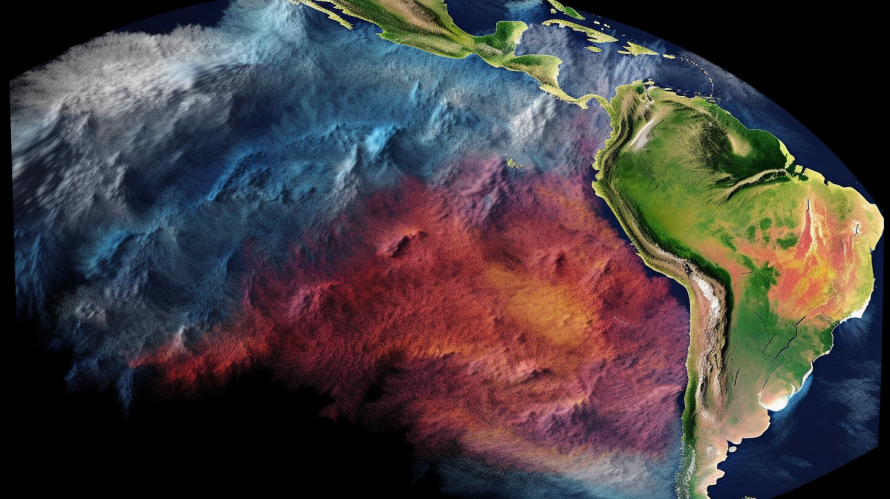Tropical cyclones, also known as hurricanes, typhoons, or cyclones, are among the most devastating natural disasters that occur worldwide. In recent years, there has been growing concern about the impact of global warming on the frequency and intensity of tropical cyclones. This essay aims to evaluate the impact of global warming on the frequency of Tropical Cyclones Eloise.
Overview of Tropical Cyclones Eloise
Tropical Cyclones Eloise was a category 2 cyclone that hit Madagascar, Mozambique, and South Africa in January 2021. The cyclone caused significant damage to infrastructure and homes, as well as extensive flooding. The cyclone was characterized by strong winds, heavy rainfall, and storm surges.
Global Warming and Tropical Cyclones Eloise
Global warming refers to the increase in Earth’s average surface temperature due to the emission of greenhouse gases, primarily carbon dioxide, from human activities such as burning fossil fuels. The warming of the Earth’s atmosphere is believed to be a major driver of the increase in frequency and intensity of tropical cyclones.
The impact of global warming on Tropical Cyclones Eloise can be evaluated through several factors, including sea surface temperature, atmospheric temperature, and moisture content.
Sea Surface
Temperature Sea surface temperature is a critical factor in the formation and intensity of tropical cyclones. Warmer ocean temperatures provide more energy for the formation of tropical cyclones and also contribute to their intensification. Global warming has led to an increase in sea surface temperatures, particularly in the Indian Ocean, where Tropical Cyclones Eloise formed. The warmer sea surface temperatures have contributed to the formation and intensification of tropical cyclones in the region.
Atmospheric Temperature
Global warming has also led to an increase in atmospheric temperatures, particularly in the tropics. The increase in atmospheric temperature has led to greater instability in the atmosphere, which can contribute to the formation and intensification of tropical cyclones. The higher atmospheric temperature can also lead to an increase in the amount of moisture in the atmosphere, which can fuel the formation of tropical cyclones.
Moisture Content
The amount of moisture in the atmosphere is another critical factor in the formation and intensity of tropical cyclones. Global warming has led to an increase in atmospheric moisture content, particularly in the tropics. The increase in moisture content can lead to more intense and prolonged rainfall during tropical cyclones, contributing to more severe flooding and landslides.
Mitigating the Impact of Global Warming on Tropical Cyclones Eloise
The impact of global warming on Tropical Cyclones Eloise highlights the urgent need for climate change mitigation and adaptation measures. Mitigation measures can include reducing greenhouse gas emissions, promoting renewable energy, and implementing policies to promote energy efficiency. Adaptation measures can include improving early warning systems, developing infrastructure that is resilient to extreme weather events, and promoting disaster risk reduction strategies.
Conclusion
The impact of global warming on Tropical Cyclones Eloise is a stark reminder of the urgent need for action to address climate change. Global warming has contributed to the increase in sea surface temperatures, atmospheric temperatures, and moisture content, which has led to more frequent and intense tropical cyclones. Mitigation and adaptation measures are critical to addressing the impacts of global warming on tropical cyclones and promoting sustainable development. By taking urgent action to address climate change, we can help to reduce the risk of future tropical cyclones and promote a more resilient and sustainable future.

